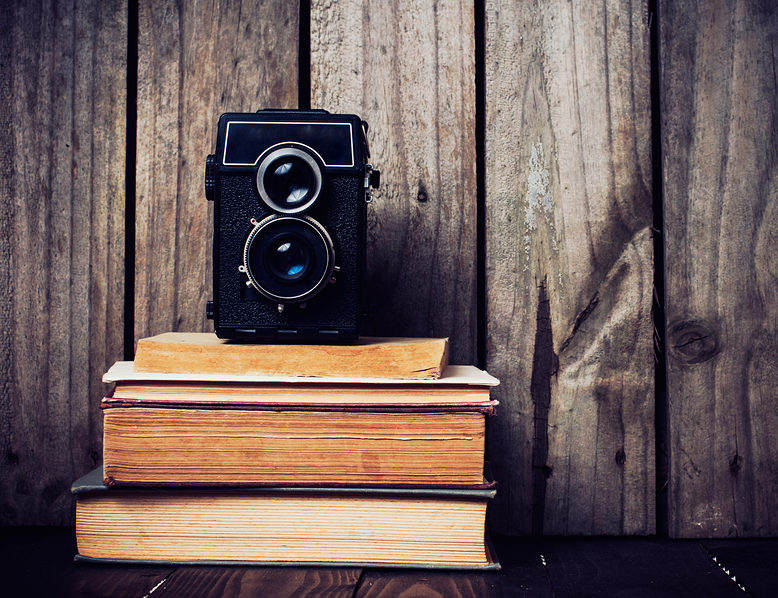For many (if not most) people, watching Wild will be a view from the outside of a woman on a journey to heal her soul as she hikes the Pacific Crest Trail. For me, it was a journey of my own as I tested the fortitude of the healing scars of my own path. Wild is a very personal tale—for the author of the true story as well as for those of us who’ve traveled the trail of grief, loss, and obstacles.
Reese Witherspoon is an actress whose full talent was hidden for too long in rom-coms. But here, she delivers her best performance to me, sharing most of her craft in her facial expressions and eyes, how she holds her body, and the depth of the hollowness she conveys as her character loses herself in pain and a desperation to feel.
The story is told in a most marvelous way to me, giving the viewer snippets and glimpses of Witherspoon’s character’s past and what led her to this journey. But those snippets played out to me just like one’s mind plays out our pasts, flashing back to moments and decisions and conversations. The perfect amount was revealed at each time, taking the viewer on a journey not only on the trail but also deep into Cheryl’s heart, grief, guilt, and search for redemption and an ability to love herself, perhaps for the first time.
I asked a couple of friends a couple of times about joining me for the film. In the end, it was wisest to watch alone. My Kleenex stayed damp as I frequently had to dab at the corners of my eyes, and more than once the grander sobs fought through, shoulders shuddering. This wasn’t at the predictable times; this was at those times that those who’ve faced their own recent challenging trails know. At one point, a line from Frost’s poem, one many of you have seen me use to lift me and carry me onward, was on the screen. Yes. It was good I was solo for this film.
For me, the film was that powerful. It socked me in the gut then gently reached out and lifted my chin and dried a tear, reminding me that the path can be hard, but there’s another side to it. Then it reached in with pointed nails to test and scratch at those scars to see if salt on the wounds could burn. That poking tugged at the underlying scar tissue, and I felt it, but as those moments passed, I was also strengthened to fully realize that the wound, although scarred, is healed over with a protective layer. And that in itself was personally powerful.
Carrying the heavy load on a difficult path leads to blisters. I could feel hers throughout the film. And sometime we must get down on the floor to lift the pack and carry it, blisters be damned, even when it’s a moving stream that must be crossed in the cold. On the other hand, that burden, although blister-inducing on that trail, leaves behind calluses of tougher resolve. And the weakness at the beginning of the journey, those weaknesses of “how can I ever get through this,” those miles to go before one sleeps, those lessen not only as one gets better at balancing and carrying the load, but the load lessens—as a result of the travel and as a matter of learning what you really have to carry and what you really can leave behind.
I could not have watched this film two years ago. I am sure I would have left the theater. But having finally walked out on my own Bridge of the Gods, seeing this film now was all the more rewarding.
This movie is not for everyone. It’s messy and emotional and deep and dark and funny and flighty and intense. It makes loud statements about being a woman on a man’s trail and the fears and hesitations and vulnerabilities (and the special treatment) that come with that. For those who don’t appreciate Cheryl’s grief or her self-destructive detour or her drive for clawing her way out of her own muck and mud (even that which was self-induced), this may be simply a movie about someone on a hike—a movie that will lose you in the first scene as you wonder how she could rest on that crest or make such a terrible decision about boots. And you probably will not like Cheryl or her choices. And that might be a flat movie that frustrates for its absurdity at someone taking on such a goal without the proper training or preparation. For others, the movie won’t even do that.
But for me, the movie was pure magical metaphor. I left the theater empty but also empowered. One doesn’t have to walk 1,000 miles, but one must keep putting one foot in front of the other. If you keep moving forward, you can get to that Bridge. And you’ll be stronger for the journey.
